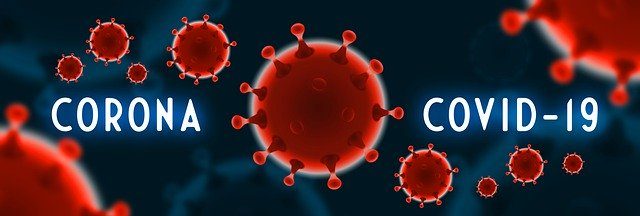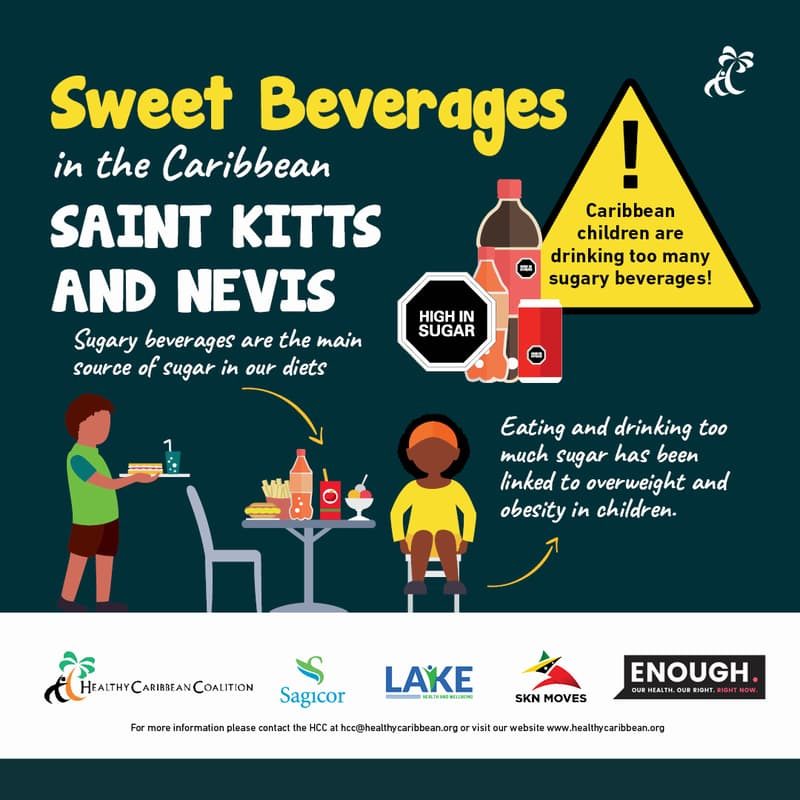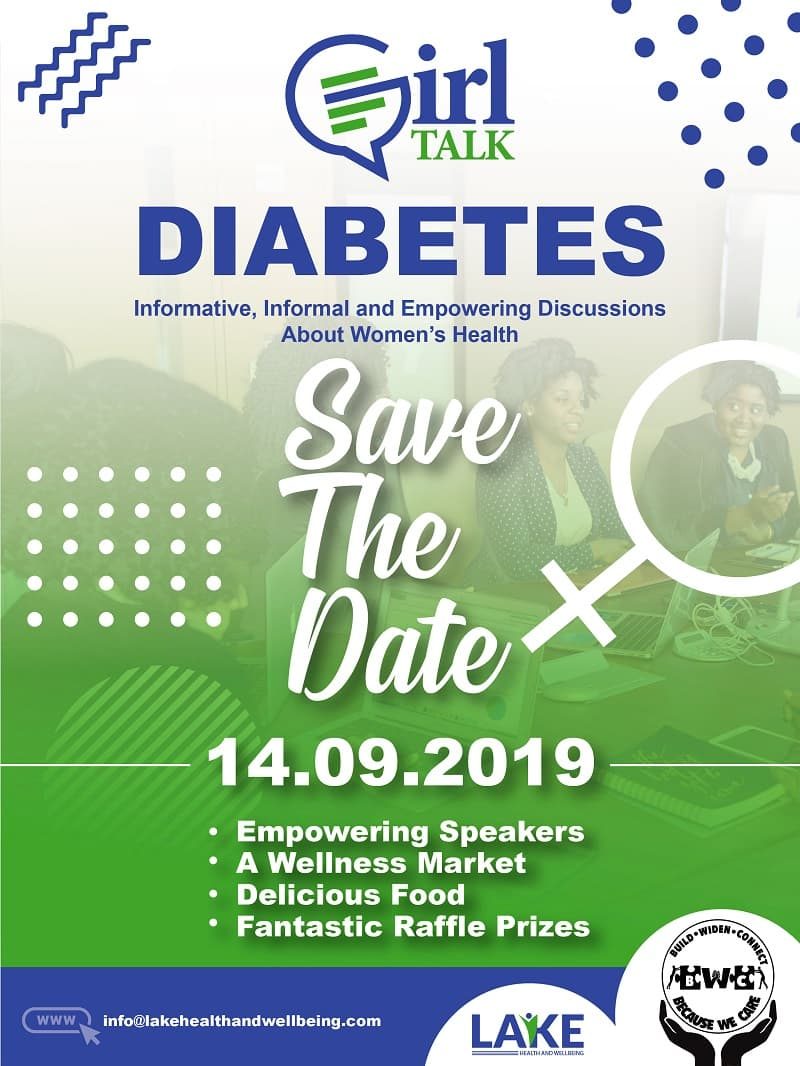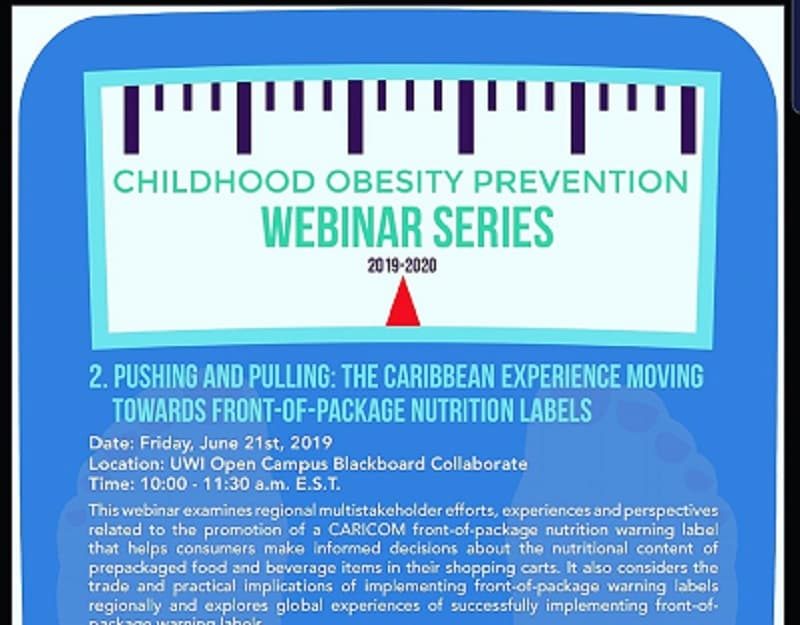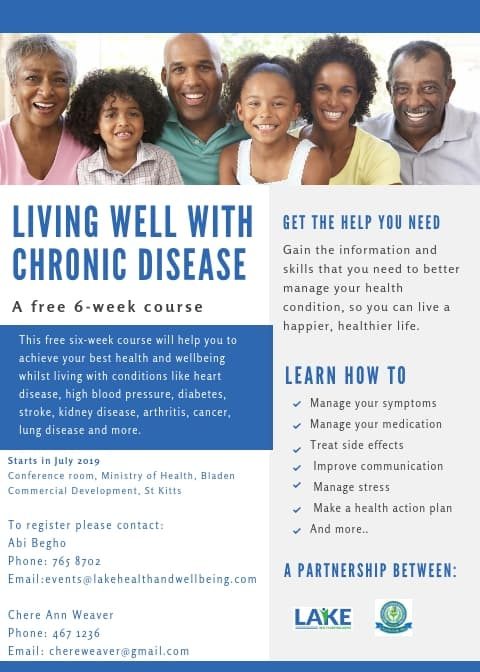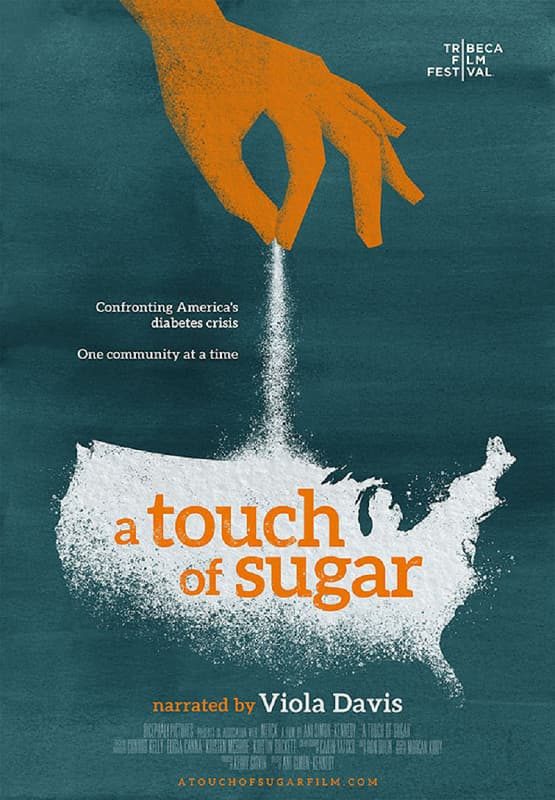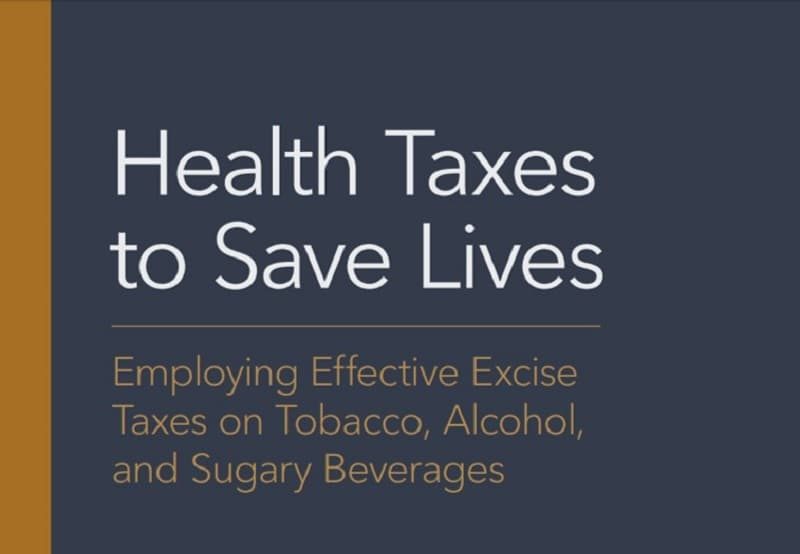St Kitts and Nevis COVID-19 State of Emergency
Update: The State of Emergency that went into effect on Saturday 28th March 2020 has now been repealed and as of 31st March 2020 at 7 pm, St Kitts and Nevis is under a 24-hour curfew until Friday 3rd April at 6 am. You can read the new regulation here and view a news piece from ZIZ News about the curfew below.
*******
Today, Saturday 28th March 2020, the Prime Minister of St Kitts and Nevis, Dr the Honourable Timothy Harris announced a state of emergency to protect the public from COVID-19. This means that effective from 7 pm today all residents are subject to a curfew from 7 pm to 5 am daily for the next 14 days, outside of these hours the public’s movements will be restricted and any movement during this period should involve social and physical distancing.
You can view the full COVID-19 Emergency Powers Regulations below for in-depth information about what is and isn’t allowed during the next 14 days.
If you have any questions, you can contact the COVID-19 hotline by dialling 311.
SAINT CHRISTOPHER AND NEVIS
STATUTORY RULES AND ORDERS
Emergency Powers (COVID-19) Regulations
In exercise of the power conferred by section 5 of the Emergency Powers Act, Cap. 19.02, the Governor-General, makes the following Regulations:
1. Citation and duration.
(1) These Regulations may be cited as the Emergency Powers (COVID-19) Regulations, 2020.
(2) These Regulations shall come into operation once a state of emergency for the novel coronavirus or COVID-19 is declared by Proclamation, published in the Official Gazette.
2. Restriction on freedom of movement.
(1) A curfew is imposed every day from 7:00 p.m. to 5:00 a.m. except as provided in these Regulations or as may be approved by the Commissioner of Police.
(2) Freedom of movement every day from 5:00 a.m. to 7:00 p.m. shall be exercised in accordance with these Regulations.
(3) These Regulations shall not apply in the case of a medical emergency.
3. Work remotely from home.
(1) All businesses and offices may continue their business operations by allowing their employees to work remotely from home utilizing virtual means, unless they are permitted to work under regulation 5 or are designated as being essential workers under regulation 7.
(2) Where a business is unable to continue its business operations by its employees working remotely from home, the business shall cease its operations.
4. Public Service, Statutory Bodies, State-owned Enterprises and Courts.
(1) Subject to sub-regulation (2), all members of the public service shall work remotely from home, except as otherwise directed by the Secretary to the Cabinet.
(2) Where the Secretary to the Cabinet directs that specified public officers
attend work, the Government shall take reasonable steps to
(a) ensure safe transport of the public officers in accordance with regulation 13; and
(b) comply with the physical distancing protocols in accordance with regulation 6.
(3) Subject to sub-regulation (4), all employees of Statutory Bodies and State-owned Enterprises shall work remotely from home, except as otherwise directed by the Chairperson of the Board
(4) Where the Chairperson of the Board directs that specified employees attend work, the Statutory Bodies or State-owned Enterprises as the case may be shall take reasonable steps to
(a) ensure safe transport of the employees in accordance with regulation 13; and
(b) comply with the physical distancing protocols in accordance with regulation 6.
(5) Subject to any relevant the Eastern Caribbean Supreme Court Practice Direction, the Courts shall remain accessible, shall adhere to physical distancing protocols and the persons employed within the public service shall work remotely from home as far as reasonably practicable.
(6) In this regulation, “the Court” means the Magistrates Courts and the Eastern Caribbean Supreme Court.
5. Closure of businesses and exceptions.
(1) Every non-essential establishment or business shall remain closed except for the following businesses which may remain open for any period within the specified time
(a) wholesale or retail grocery stores; commercial bakeries; or fruit and vegetable vendors from 8:00 a.m. to 5:00 p.m., and for the first two shopping hours seniors, disabled persons and essential workers with identification shall be granted priority;
(b) doctor’s offices, hospitals and medical facilities;
(c) pharmacies and medical supply establishments;
(d) gas stations from 6:00 am. to 5:00 p.m.;
(e) hardware stores from 6:00 a.m. to 5:00 p.m;
(f) hotels, excluding any casinos, spas, gyms, discotheques and restaurants therein, however, such restaurants may offer takeaway or room service;
(g) banks, credit unions and money services business from 8:00 a.m. to 2:00 p.m., on Mondays to Thursdays and 8:00 a.m. to 4:00 p.m. on Fridays;
(h) commercial ports and related businesses between 6:00 a.m. to 5:00 p.m., subject to any variation by the Ports Authority;
(i) airports subject to regulation 10(1)(a);
(j) commercial courier flights;
(k) businesses licensed to provide security guard services
(l) take away food vendors from 6:00 a.m. to 5:00 p.m.;
(m) the National Caribbean Insurance Company or other health insurance companies;
(n) such other businesses or undertakings as may be specifically exempted in writing by the Commissioner of Police
provided that the owner or operator of an establishment specified in paragraphs (a) to (n) shall adhere to social distancing and physical distancing protocols pursuant to regulation 6.
(2) Subject to sub-regulation (3), all works of construction of any sort (apart from urgent plumbing, electrical, roof repairs or other emergency repairs for a home or business) shall cease.
(3) Where it is necessary for the purposes of health and safety and with the written approval of the Commissioner of Police, pre-existing works of construction may continue.
6. Social distancing and physical distancing protocols.
All business establishments shall make the necessary arrangements to facilitate social distancing and physical distancing and shall
(a) ensure that all customers and staff maintain physical distancing of at least six feet (6ft.) in or outside of their business if in a line to enter the business;
(b) determine the number of persons that may be permitted in the establishment at any one time by permitting one person for every thirty square feet of store space;
(c) place distance markers at least six feet apart, indicating where each customer must stand on a line at a check out point or other line;
(d) place distance markers at least six feet apart on the outside of the establishment, indicating where customers must stand while waiting to enter the establishment.
7. Shelter in place.
(1) Subject to sub-regulation (2) and in an effort to prevent the spread of the novel coronavirus or COVID-19, every person shall remain confined to their place of residence, inclusive of their yard space, to avoid contact outside of their family, except
(a) essential workers, who are required to report to work;
(b) workers required to work under regulation 4 or 5;
(c) for essential travel to the doctor, grocery store, bank, credit union, money services business, pharmacy or to refuel vehicles;
(d) for outdoor exercise, whether alone or together with family members living under the same roof, between the hours of 5:00 a.m. to 6:00 p.m.,
provided that such person must ensure at all times to distance themself at least six feet (6 ft.) from any other person.
(2) For the purposes of this regulation, an “essential worker” includes essential officers of
(a) the Royal Saint Christopher and Nevis Police Force;
(b) the Saint Christopher and Nevis Defence Force;
(c) the Fire and Rescue Services Department;
(d) the prisons, correctional facilities, or other similar establishments;
(e) the Social Security
(f) the Department of Social Services;
(g) the Department of Environmental Health;
(h) the Department of Immigration;
(i) the Customs and Excise Department;
(j) waste disposal and sanitation companies;
(k) any hospital, health care or medical facility;
(l) Saint Kitts and Nevis Red Cross;
(m) Air and Sea Ports Authorities;
(p) Accountant General’s Department and Inland Revenue Department;
(o) any water, electricity or other sector encompassing the provision of electronic communications including print and electronic media.
(3) All essential workers shall at all times carry personal identification.
8. Education and religious instruction.
(1) All religious and educational places of instruction or worship shall remain closed.
(2) Subregulation (1) does not prohibit—
(a) any activity referred to therein by electronic or virtual means;
(b) individual attendance at a place of worship for private individual prayer while practicing social distancing and physical distancing
9. Restriction on social activities.
No person shall host or attend
(a) a private party which includes any person from outside of the immediate household;
(b) a recreational or competitive sporting event or other types of public entertainment;
(c) a wedding which hosts ten or more persons other than the bride, bridegroom, official witnesses and the marriage officer;
(d) a banquet, ball or reception;
(e) any other ceremony in any facility or public place which involves the participation of any member of the general public or a gathering of ten or more persons;
(f) a funeral, except 10 members of the immediate family and at least one officiant and essential mortuary;
(g) a meeting of a fraternal society, private or social club or civic association or organization that exceeds a total of 10 persons; or
(h) any other type of social event, for a nonessential purpose, where more than 10 persons are gathered together.
10. Restriction on international travel.
(1) For the purposes of preventing, controlling and suppressing the spread of the novel coronavirus or COVID-19, with immediate effect
(a) except with the prior written permission of the Air Ports Authorities, all airports including private airports and fixed-base operations shall be closed to incoming international flights;
(b) all sea ports shall be closed to regional and international seafaring and private boating; and
(c) a visitor shall not be permitted to enter and disembark for any reason, including transiting through Saint Christopher and Nevis.
(2) The restriction contained in paragraph (1) does not apply to
(a) outgoing flights or outgoing ships, as the case may be;
(b) cargo flights or cargo ships, as the case may be;
(c) commercial courier flights;
(d) emergency medical flights;
(e) emergency flights approved by the Air Ports Authorities;
(f) a flight carrying any diplomat.
(3) Notwithstanding sub-regulation (2), no crew member will be allowed or granted shore leave, unless for the purposes of operational difficulties and upon receiving permission from the Airports Authorities or the Ports Authorities.
11. Restriction on domestic travel.
No person shall offer for hire or seek to travel on any inter-island private commercial sea transport, provided that the Ports Authorities may vary any of the requirements by an Order.
12. Restriction on road traffic
(1) No person shall drive a vehicle on any public or private road for a purpose other than stated in regulation 5, 7, 9 (c) or 9 (g).
(2) The Saint Christopher and Nevis Police Force and the Saint Christopher and Nevis Defence Force shall have powers to stop any vehicle and inquire as to the purposes for which that vehicle is being utilised, and to arrest anyone found in violation of this restriction.
(3) For the purposes of this regulation, “vehicle” includes a motor vehicle or motorbike.
13. Public transportation
(1) No person shall offer for hire or seek to travel on
(a) any motor omnibus unless there is or would be no more than one passenger per row in the motor omnibus in a staggered formation;
(b) any hiring car or taxi, unless there is not more than one passenger in the vehicle;
(c) any passenger ferry unless there is or would be no more than persons per row.
(2) In this regulation, “motor omnibus”, “hiring car” and “taxi” have the meanings assigned under the Vehicles and Road Traffic Act, Chapter 15.06.
14. Restriction on visitation.
(1) No person shall visit or be permitted to visit
(a) any place of quarantine or isolation station;
(b) a patient in a hospital or residential care establishment or facility, including an elderly nursing home;
(c) a detainee in prison.
(2) Notwithstanding sub-regulation (1) (b) but subject the protocol of the hospital, a patient of a hospital may be allowed one visitor per day.
15. Penalty.
A person who contravenes or fails to comply with these Regulations shall be liable on summary conviction to a fine not exceeding five thousand dollars or a term of imprisonment for a term not exceeding 6 month or to both and to forfeiture of any goods or money in respect of which the offence has been committed.







